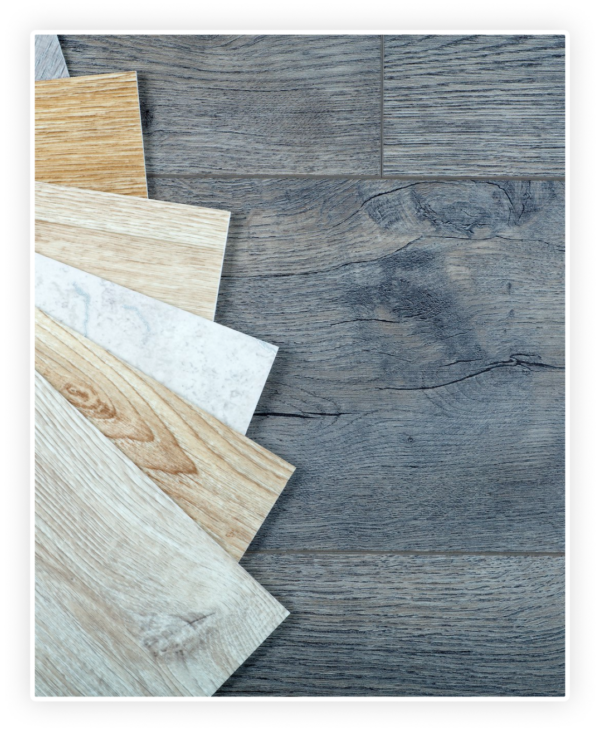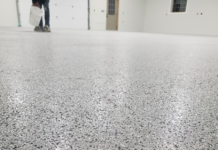Warehouses and factories demand flooring that can withstand heavy traffic, machinery, and the daily rigours of industrial operations. Traditional flooring materials, such as concrete or vinyl, often struggle to meet these demands, leading to frequent repairs and increased maintenance costs. Resin flooring has become a preferred solution in industrial environments due to its durability, versatility, and low maintenance. Here’s an in-depth look at the benefits of resin flooring in warehouses and factories.
Exceptional Durability
One of the primary advantages of resin flooring is its exceptional durability. Resin floors are highly resistant to wear and tear from heavy machinery, forklifts, and constant foot traffic. Unlike traditional concrete, resin flooring does not crack or chip easily, providing a long-lasting surface that can withstand the daily demands of industrial environments.
Chemical and Spill Resistance
Warehouses and factories often deal with oils, solvents, and chemicals that can damage standard flooring. Resin flooring is chemically resistant, preventing stains, surface degradation, and the formation of hazardous slippery patches. This chemical resistance ensures a safer environment for employees while reducing the need for costly repairs.
Low Maintenance
Resin flooring is seamless and non-porous, making it easy to clean and maintain. Dirt, dust, and liquids cannot penetrate the surface, which simplifies routine cleaning and prevents build-up. In warehouses and factories where cleanliness is essential, resin floors save time and reduce maintenance costs.
Enhanced Safety
Safety is a top priority in industrial settings. Resin floors can be customised with anti-slip textures, colour-coded zones, and hazard markings. These features improve visibility and reduce the risk of slips, trips, and falls, protecting employees and minimising potential workplace accidents.
Flexibility and Versatility
Resin flooring is highly versatile and can be tailored to meet specific industrial needs. Different types of resin, such as epoxy, polyurethane, or polyaspartic, offer various benefits, including fast curing, UV resistance, and heat tolerance. Customisation options also allow for different finishes and textures to suit operational requirements.
Long Lifespan
A well-installed resin floor can last 10–20 years, depending on usage. Its durability, chemical resistance, and low maintenance mean fewer replacements over time, which reduces costs and minimises operational downtime.
Quick Installation
Certain types of resin flooring, such as polyaspartic systems, cure rapidly, allowing businesses to minimise downtime during installation. This is particularly beneficial for warehouses and factories where operations cannot afford long interruptions.
Aesthetic Appeal
While functionality is crucial, aesthetics matter too. Resin flooring can provide a clean, professional look that enhances the overall appearance of the workspace. Colour-coding and decorative options can also improve workflow by clearly marking zones for storage, machinery, and pedestrian paths.
Final Thoughts
Resin flooring offers a combination of durability, safety, low maintenance, and versatility that makes it ideal for warehouses and factories. Its resistance to wear, chemicals, and heavy loads, coupled with quick installation and long lifespan, makes it a cost-effective solution for industrial environments.
Investing in resin flooring not only improves the efficiency and safety of your operations but also reduces long-term maintenance costs, making it a smart choice for businesses looking to optimise their industrial spaces.




